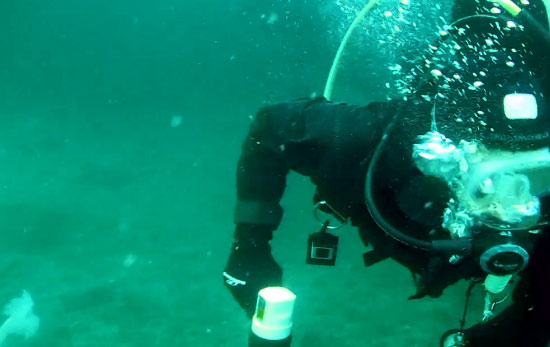Hiking, karate, Hiking, football, soccer, baseball, skiing etc. In fact there are very few that are more dangerous.
Again you do not have to show a certain card to get skis and get on the lift. You do for ANY dive rental or charter.
By your reasoning. Flying is so safe so pilots don't need to do pre flight checks anymore, plane mechanics should do what you do with your car. After all flying is safe according to you so all that mitigation is totally not necessary. Those things are in place for a reason.
Same with diving, breathing underwater is inherently extremely dangerous. So we as collective group have a lot of mitigation in place. Cert cards required to rent gear or get on boats, pre dive checks, buddy checks etc.
The real danger with you and berndo is divers believing you that it's safe and getting complacent. Well this is a safe activity so I don't need to have my gear serviced, I don't need to make sure it's clean gas, I don't need to do pre dive checks etc.
A lot of actual dive incidents happen because of diver error, most of those are because of getting complacent and skipping safety related checks.







